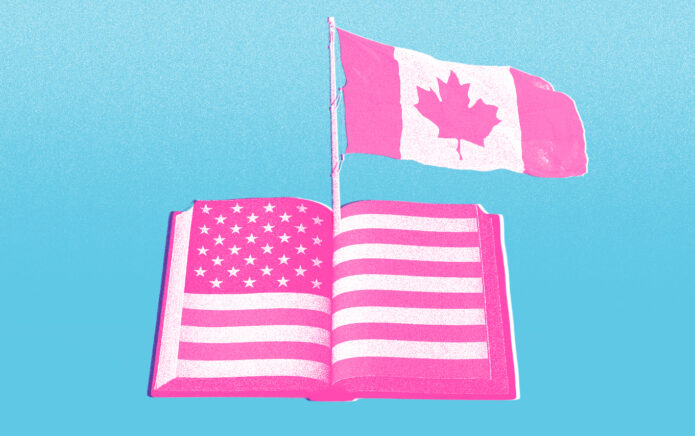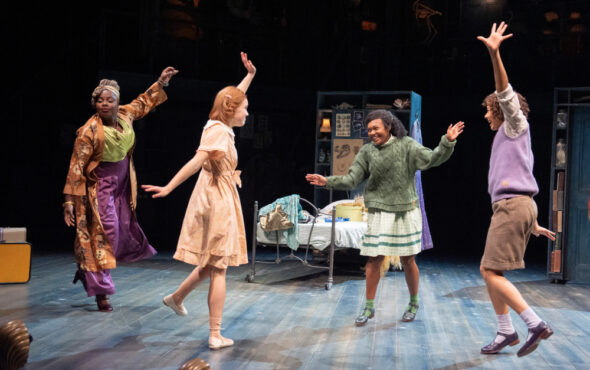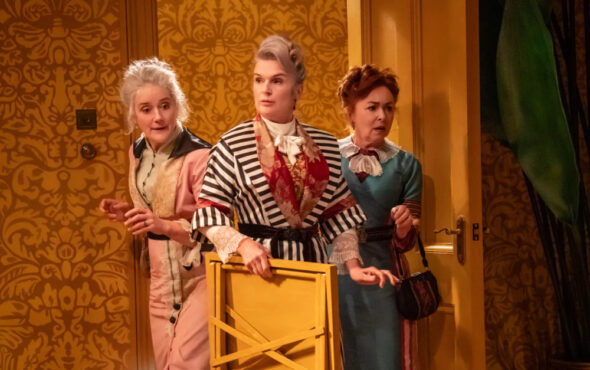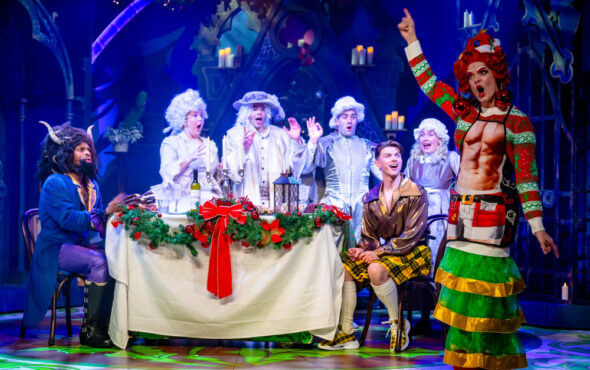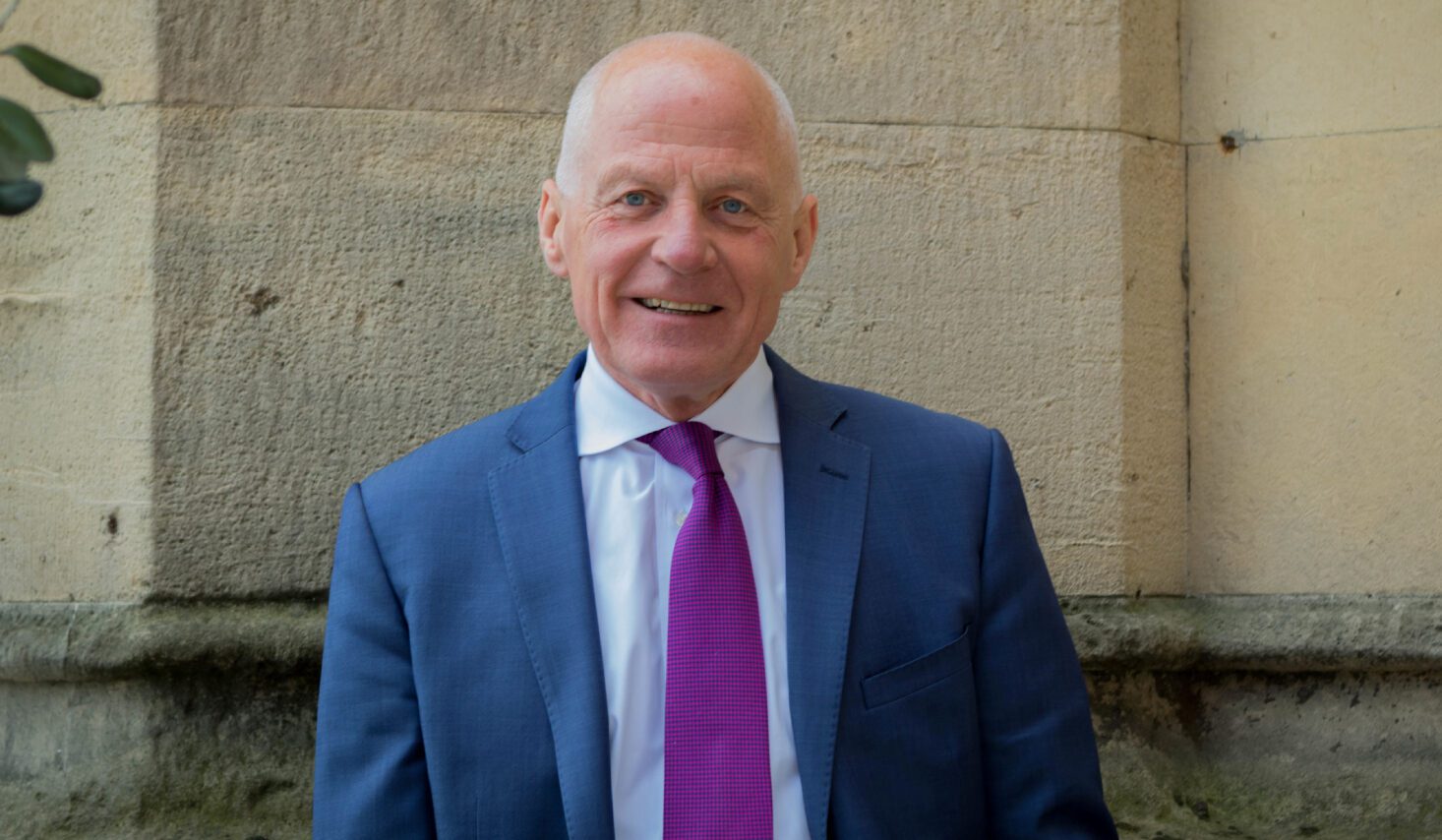
Michael Cashman is at the heart of public life in the UK – actor, activist, former MEP, author, co-founder of Stonewall and a Labour Peer. From his groundbreaking role on EastEnders playing Colin Russell, to his tireless campaigning for LGBTQ+ rights, Michael is one of my heroes. I spoke to Michael for International Day Against Homophobia, Transphobia and Biphobia.
I began by asking Michael what his views are on LGBTQ+ rights in the UK now?
LGBTQ+ rights in the UK at the moment are in a really dangerous area. The government for a number of years now, with senior ministers – and I mean senior ministers – has sought to play a culture war, not only with LGBTQ+ people but also on other grounds of difference, and it’s all connected. In the Queen’s Speech, we have an intention from the government to ban “conversion therapy” – for lesbian and gay “conversion therapy” but not trans. The government says they need more time, that it’s a much more complex issue. Countries like New Zealand and others have solved this somehow “incomprehensible riddle”. Of course, what it really is about is creating division, is creating what they believe is an electoral advantage so that the opposition – Labour, Liberal, the Greens – will argue for an inclusive ban on “conversion therapy”. And they should. If it’s considered inhumane and dangerous, how dare we allow it to continue to be practiced against a perfectly peaceable, ordinary minority that wants to get on with their life enjoying their rights?
Can you expand on this further?
The media are playing a very dangerous role in this – inferring and often stating that there is competition between women’s rights and trans rights, that they need to protect young people, they need to protect families, they need to protect people from themselves. It’s exactly the same that was said against lesbians, gays and bisexuals down the centuries. Section 28 was all about protecting others, protecting children, protecting people at schools, protecting families, protecting adults from going into a “lifestyle” that may be a phase. The Queen’s Speech for me and the partial ending of “conversion therapy” is a signal that this government intends to continue its culture war against minorities and just to “put the explanation mark” on what I’m saying. I never believed that I would see the BBC say that their current affairs staff should not go on “controversial” marches such as Black Lives Matter and Pride. I never believed I would see a Home Secretary – Priti Patel – and others in government, denigrate the English football team for kneeling and taking that stand, making that very important gesture against racism.
How can LGBTQ+ people respond?
We cannot be complacent, we’ve got to support the call to protect the rights we have, to build on them and not allow our rights to advance at the expense of another minority and to get rid of this lie that somehow equality will diminish others and equality for trans people will diminish women – that is an absolute, categorical lie.
What concerns you most globally from an LGBTQ+ rights perspective?
It’s exactly the same Philip, because if you have a country like the UK sending out that signal and we send it out to the rest of the Commonwealth, they say, ‘Why do we need to address LGBTQ+ rights?’ The government is signalling from the UK that we’ve got to be careful, not give these people equal rights, not allow them to live their lives free from discrimination.
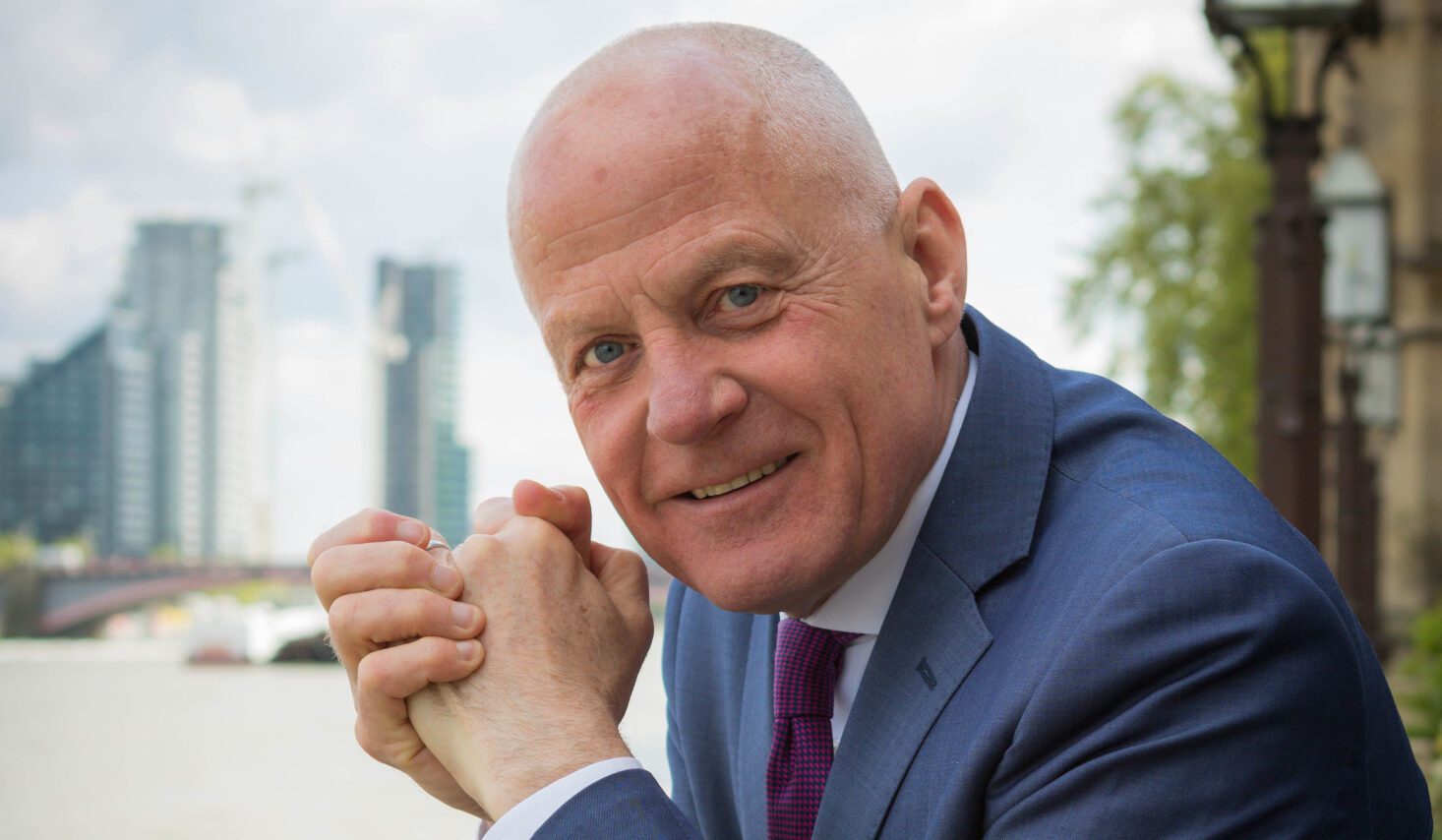
I suppose that brings us back to Section 28?
Going back to Section 28, the first anti-gay law in 100 years, that came in 1988, introduced by the then Conservative government, that law it took us – a Labour government and many years, to get rid of that, it was resisted in the House of Commons and in the House of Lords. We got rid of it here, but actually that law now exists in countries around the world. It’s been introduced in Russia, it’s been introduced into Hungary, they’re trying to introduce it into Poland and elsewhere, introducing it in States in America. What happens in one country, if it’s progressive it can encourage progressives elsewhere, if it’s regressive it will encourage regression elsewhere.
And it has an impact on other kinds of legislation?
Here in the UK, we have a government that has just passed the Nationality and Borders Bill, that we in the House of Lords vigorously opposed, which seeks to renege on its international legal obligations under the Refugee Convention of 1951; at the same time seeking to prevent judicial review of government decisions. To put the cherry on the cake, they’ve announced that they are now going to probably repeal the Human Rights Act. Again, it’s all international – Ukraine, Afghanistan, Syria – all of them teach us that what happens in another part of the world ultimately affects us and we have to make that connection and ensure that we promote that concept of universal human rights, and our rights should travel with us and should be absolutely accepted by any country that calls itself civilised.
To change the subject slightly, can you tell us about your wonderful memoir One of Them?
It’s really a look at a young child, who went on an amazing journey that he should never have gone on. I lived 500 yards away from where I was born and brought up. My playground was the River Thames, jumping on barges at high tide from one to the other, risking our lives, living in what people would call impoverished circumstances, knowing I was gay at a very early age and knowing that I had to hide it in order to survive. Then having this amazing escape – and it was an escape – into the world of show business at the age of 11. I found a world where I could belong and ultimately other people that I could belong with, where I could be loved. It’s a true story of, also the abuse that I faced for years, the struggles I had as a young man, the amazing time in EastEnders when the tabloids couldn’t believe that there was not only a gay character in the show but he had a boyfriend and the boyfriend was under the age of consent and this was at the time of, as depicted in It’s A Sin, the time of AIDS and HIV and at the beginning of the fight back for equality. And meeting the man who I would share 31 years with – Paul Cottingham – the love of my life, who died seven years ago but who to this day sustains me with the love and the outrageousness that we shared and inspires me to get up and get on, particularly on those days when things seem dark. It’s an honest account of an unimagined life and even now when I look back there are certain moments where if I hadn’t taken a certain decision, I wouldn’t have done all that I’ve done and I wouldn’t now be sat in the House of Lords, still pursuing the important concept of equality for all. There are a few laughs along the way also, so there you are!
Do you have a message for GAY TIMES readers?
When you think the world is OK, imagine that you’re that LGBTQ+ person in another part of the world, imagine what it is to be terrified if other people know who you are and who you want to love – and if you wouldn’t want it to happen to you then we must never allow it to happen to anyone else. That simple concept – stand in the shoes of the other and imagine – makes the world better.
